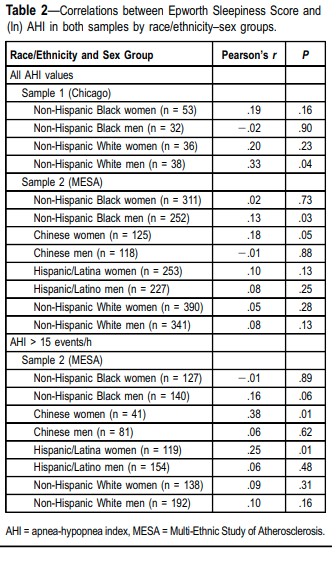Disordered Sleep Tied to a Marked Increase in Stroke Risk
- S-Med

- Apr 14, 2023
- 1 min read
Previous research shows severe OSA doubles the risk of stroke and increases the chance of recurrent stroke. A 2019 study showed people with insomnia had a small increased risk of stroke.
"Both snoring and extremes of sleep duration have been previously associated with an increased risk of stroke in observational research, but less is known about other symptoms of sleep impairment, with less consistent findings," McCarthy said.
Using information collected from a survey of sleep habits, researchers found an elevated stroke risk in those who received less than 5 hours of sleep per night (OR, 3.15; 95% CI, 2.09 - 4.76) or more than 9 hours of sleep per night (OR, 2.67; 95% CI, 1.89 - 3.78) compared with those who slept 7 hours a night.
Participants who took unplanned naps or naps lasting an hour or more (OR, 2.46; 95% CI, 1.69 - 3.57) and participants who reported poor quality sleep (OR,1.52; 95% CI, 1.32 - 1.75) also were at increased risk for stroke
Symptoms of OSA were also strongly associated with increased stroke risk, including snoring (OR, 1.91; 95% CI, 1.62 - 2.24), snorting (OR, 2.64; 95% CI, 2.17 - 3.20), and breathing cessation (OR, 2.87; 95% CI, 2.28 - 2.60).
Stroke risk increased as the number of sleep disturbance symptoms rose, with the greatest risk in the 11% of participants who had five or more symptoms (OR, 5.38; 95% CI, 4.03 - 7.18).



Comments